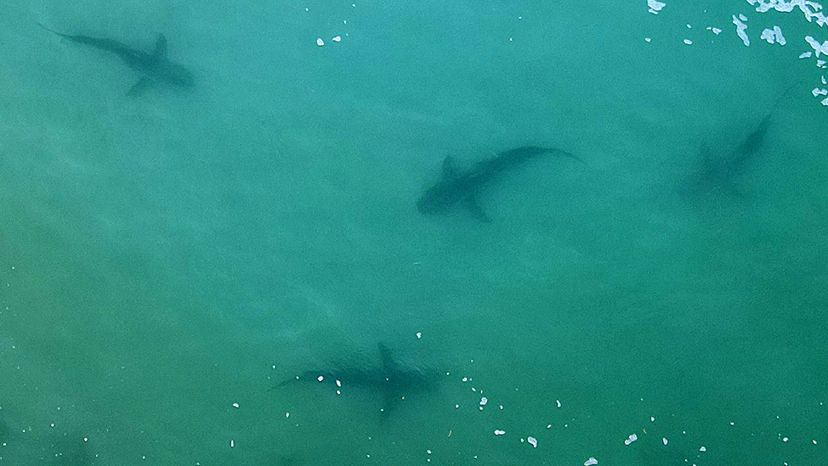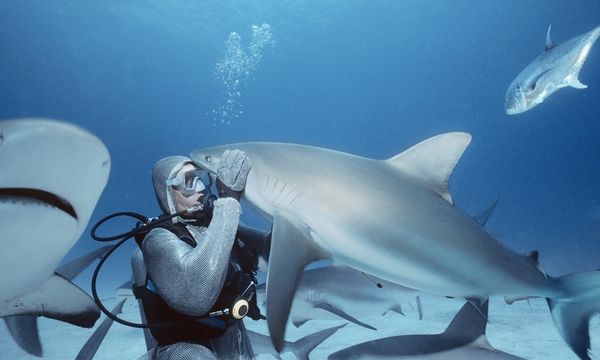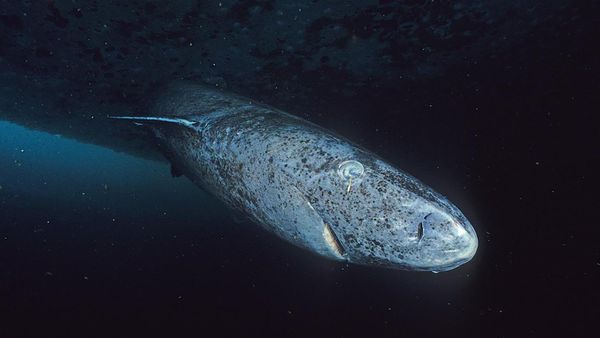World War II veterans possessed searing lifelong memories of sharks – either from direct experience or from the shark stories of others. This made them an especially receptive audience for Peter Benchley's taut shark-centered thriller "Jaws," which he published in 1974.
Don Plotz, a Navy sailor, immediately wrote to Benchley: "I couldn't put it down until I had finished it. For I have rather a personal interest in sharks."
In vivid detail, Plotz recounted his experiences on a search and rescue mission in the Bahamas, where a hurricane had sunk the USS Warrington on Sept. 13, 1944. Of the original crew of 321, only 73 survived.
"We picked up two survivors who had been in the water twenty-four hours, and fighting off sharks," Plotz wrote. "Then we spent all day picking up the carcasses of those we could find, identifying them and burying. Sometime only rib cages ... an arm or leg or a hip. Sharks were all around the ship."
Benchley's novel paid little attention to World War II, but the war anchored one of the movie's most memorable moments. In the haunting, penultimate scene, one of the shark hunters, Quint, quietly reveals that he is a survivor of the USS Indianapolis disaster.
"Sometimes the sharks look right into your eyes," he says. "You know the thing about a shark, he's got lifeless eyes, black eyes, like a doll's eyes. He comes at you, he doesn't seem to be living until he bites you."
The power of Quint's soliloquy drew upon the collective memory of the most massive wartime mobilization in American history. The oceanic reach of World War II placed greater numbers of people into contact with sharks under the dire circumstances of war. Veterans bore intimate witness to the inevitable violence of battle, compounded by the trauma of seeing sharks circle and feed opportunistically on their dead and dying comrades.
Their horrifying experiences played a pivotal role in creating an enduring cultural figure: the shark as a mindless, spectral terror that can strike at any moment, a haunting artifact of World War II that primed Americans for the era of "Jaws" and "Shark Week."
This article is republished from The Conversation under a Creative Commons license. You can find the original article here.
Janet M. Davis is a University Distinguished Teaching Professor of American Studies at The University of Texas at Austin College of Liberal Arts where she teaches courses in American popular culture, and social and cultural history. Her teaching areas also explore American foreign relations, animals, American social movements, transnational American Studies and modern South Asia.




